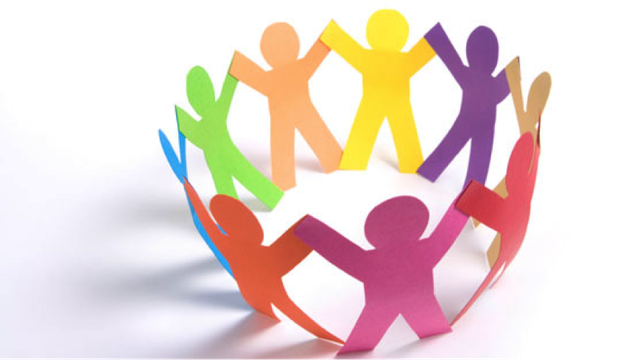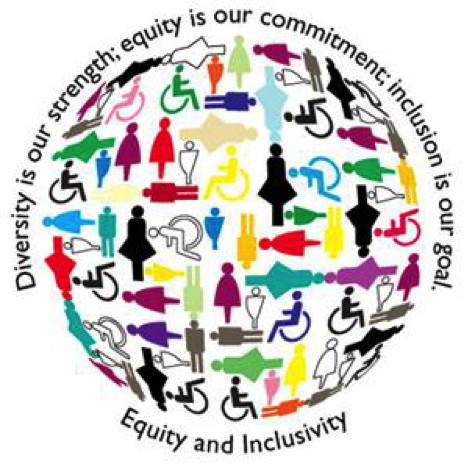How getting diversity and inclusion right will help us change the world
- Written by
- Vanessa Chase Lockshin
- Added
- April 06, 2017

There’s a lot of talk about diversity and inclusion in our sector these days and for good reason. While the organisations we fundraise for might have proven track records of advancing social equity, our profession and professional associations tell a different story. Fundraising is predominantly white and those who are in leadership positions such as CDOs or development directors tend to be white men.
Fortunately, more conversation is starting to happen about what we can do to change this. Unfortunately, the Association of Fundraising Professionals used International Women’s Day to ask why there are so few male fundraisers. While the timing of this article was poor, the content was even more problematic. The underlying premise of the article is that a majority demographic has the most power. In this case, female fundraisers are the ones who have the power. This conflation is simply not true and dangerously takes the focus off the real problems that female fundraisers are still facing. The fact that AFP doesn’t seem to understand this makes one question their understanding of diversity and inclusion.
Women are on average still making less than men, less likely to be in senior positions and are more likely to face sexual harassment from colleagues and donors. Is that what having power looks like? I’m pretty sure the answer is no.
A recent article from InsideHigherEd.com fills in the missing piece of this problem:
Diversity asks, Who’s in the room? Equity responds: ‘Who is trying to get in the room but can’t? Whose presence in the room is under constant threat of erasure?’
Inclusion asks, ‘Has everyone’s ideas been heard?’ Justice responds, ‘Whose ideas won’t be taken as seriously because they aren’t in the majority?Æ
As a profession, we seem to be good at asking questions that get to the heart of diversity and inclusion, but those are fundamentally different from questions of equity and justice. Simply focusing on the diversity and inclusion part of the equation lends itself toward tokenism. In fact, AFP’s recent article directly ignores both questions to demonstrate a stunning lack of awareness about the power dynamic between men and women in fundraising.
While AFP might have unintentionally revealed these ugly problems, solving them requires collective effort.
If you are a member of staff at an organisation, question where you fall on the scale of diversity – inclusion – equity – justice. What can you do to improve your ally status?
If you manage a team are you giving everyone’s ideas and suggestions equal weight? Have you checked your intentional/unintentional biases? What spoken or unspoken policies are you enforcing when it comes to equity?
If you have input during hiring processes, are there candidates who you are considering less seriously because of their ethnicity or gender? What can you do to ensure that your hiring practices are actually equitable?
If you are involved with a professional association, is the leadership of your association equitable? If it’s elected leadership, what can you do to help those with less power get elected if they wish?
It would be nothing less than hypocritical to leave solving the problems of social justice to nonprofit organisations only. We – the staff and contractors of these organisations – must walk the walk of real equity.

















